The Pinnacle of Luxury: Pure Carbon Fiber Wheels
The Engineering Superiority of Carbon Fiber Wheels
Material Innovation: Why Carbon Fiber Outperforms Metals
Carbon fiber wheels mark a big step forward in what materials can do because they're built with this special polymer matrix that gives them incredible strength when compared to regular metals. The way carbon fiber is put together means it can handle much more stress than stuff like aluminum or steel actually. Some tests show it's around 3 to 5 times stronger too. Take tensile strength for example – carbon fiber just beats everything else out there, which lets manufacturers build parts that are both tough and light at the same time. Look at how companies in aviation and those Formula One race teams have started using carbon fiber wheels everywhere now. They know from experience that these wheels make a real difference in how well vehicles perform and stay safe under pressure. When we talk about wheels that need to survive extreme conditions, carbon fiber simply stands head and shoulders above metal options, and this has completely changed how we think about building wheels today.
Weight-to-Strength Ratio: Revolutionizing Unsprung Mass
Cutting down on unsprung mass makes all the difference when it comes to carbon fiber wheels, and this change really shakes up how cars handle. What exactly is unsprung mass? Well, it's basically any part of the car sitting outside the suspension system. When we knock that number down, drivers notice improvements in cornering, speed pickup, and general responsiveness. Carbon fiber wheels weigh way less than their steel counterparts, so they naturally cut down on this unsprung weight problem. Some real world tests back this up too. Cars with lighter wheels tend to burn less gas, put less wear on tires, and generally feel smoother over bumps. The auto industry has seen a complete shift since carbon fiber entered the scene. These wheels offer something special though they combine the best of both worlds lightness without sacrificing durability, making them a smart choice for anyone serious about performance.
Aerodynamic Advantages for High-Speed Stability
Carbon fiber wheels with their streamlined shape give cars a real edge when it comes to staying stable at top speeds. They work differently than regular metal wheels because they let air flow better around them, which cuts down on resistance and makes the car run smoother. Tests have shown these special wheels handle much better when going fast something most drivers would notice right away. What's really cool about carbon fiber is how flexible it is for designers. This means manufacturers can create all sorts of wheel shapes that just aren't possible with standard materials, pushing aerodynamics way past what we've seen before. The result? Faster acceleration, tighter control, and surprisingly better gas mileage too. For anyone serious about building or buying a performance vehicle, carbon fiber wheels aren't just nice to have they're becoming essential parts of modern car design.
Performance Benefits for Discerning Drivers
Enhanced Acceleration and Braking Precision
Carbon fiber wheels really do make a difference for vehicle performance, especially when talking about how fast cars can accelerate and brake accurately. These wheels weigh much less than regular ones, so they need less energy to start spinning which makes cars go from zero to sixty much quicker. Performance tests show these lighter wheels actually change how quickly vehicles pick up speed and come to a stop. Take the Range Rover Sport SV as an example – when fitted with those special Carbon Revolution wheels, it hits 60 miles per hour in around 3.6 seconds flat. What makes this possible? Well, basically carbon wheels don't fight against motion the same way steel or aluminum does because there's simply less weight fighting back when turning them. Car manufacturers have noticed this effect across different models too, leading many high performance brands to switch over completely now.
Improved Heat Dissipation in Demanding Conditions
When pushing vehicles to their limits on the track or road, getting rid of excess heat becomes really important, and that's where carbon fiber wheels shine. Carbon fiber handles heat much better than traditional materials because of how it conducts and disperses thermal energy. This matters a lot when cars are driven hard for extended periods. Research indicates that wheels which manage heat well can extend brake pad life by up to 30% and prevent tire degradation from overheating. Compared to standard alloy wheels, carbon fiber versions transfer less heat back into the braking system, so drivers maintain consistent stopping power even after multiple laps around a circuit. For enthusiasts who want maximum performance without compromising safety margins, this makes all the difference between winning races and ending up stranded on the side of the road.
Vibration Dampening for Premium Ride Quality
Carbon fiber wheels offer something most people don't think about when shopping for wheels their ability to soak up road vibrations makes for a much smoother drive overall. Regular metal wheels just pass those bumps right through to the car, while carbon fiber actually takes care of them before they reach the cabin. The difference in ride comfort is pretty significant too since these wheels cut down on all that annoying noise, shaking, and roughness that comes standard with traditional metal ones. Anyone who has swapped out their old steel rims for carbon fiber tends to mention how much better everything feels once installed. Beyond just being nicer to drive, this comfort factor really adds up during those long road trips where every mile matters. For folks wanting something that performs well but still feels luxurious underfoot, carbon fiber wheels hit all the right notes.
Luxury Aesthetics & Customization Potential
Signature Black Rims: Iconic Style Statements
Black rims have become something of a signature look in the world of luxury cars and performance vehicles these days. They just look so clean and sharp on expensive machines, really making the whole package stand out visually. For folks who love their wheels, carbon fiber options open up all sorts of possibilities when it comes to getting that special finish while still keeping things performant. Carbon fiber stays light weight which means better handling and responsiveness from the car overall. Looking at luxury cars specifically, black rims manage to strike that balance between looking aggressive and modern yet somehow still elegant in a classic way. No wonder so many upscale drivers go for them these days.
3-Piece Wheel Configurations for Bespoke Designs
Carbon fiber wheels stand out because they work really well with 3 piece setups, which lets people get creative with their design choices. The modular nature means folks can basically swap parts around however they want, so车主们 can tweak both how the wheels look and how they perform on the road. Luxury car manufacturers like BMW and Mercedes have jumped on board with this trend, selling custom made carbon fiber wheels that scream exclusivity. For car enthusiasts who want something different from off the shelf options, these customizable wheels offer a way to make their ride truly one of a kind while still maintaining that premium feel.
Surface Finishes Matching High-End Vehicle Specs
Carbon fiber wheels come with all sorts of surface finishes that really fit what luxury cars need these days. The market wants custom stuff more than ever before, so manufacturers have stepped up their game. We see everything from shiny weave patterns to those cool matte looks that make wheels stand out against car bodywork. Luxury brands especially love this stuff since people buying expensive vehicles care a lot about how things look down to the last detail. With so many choices available now, carbon fiber wheels are setting the standard for making premium cars truly unique. Owners can pick something that matches their style exactly, which means no two cars on the road will look quite the same when fitted with these special wheels.
Durability Myths vs. Reality
Impact Resistance Testing Standards
Manufacturers put carbon fiber wheels through all sorts of crash tests to see how they hold up against what roads throw at them daily. The testing process basically recreates situations drivers face every day from rocks kicked up by trucks to potholes that seem to appear overnight. Take Carbon Revolution for instance they ran some pretty thorough checks on their own wheels and found something interesting. Their carbon wheels took hits way better than standard steel ones because of how strong they are and the way engineers built them. What makes these wheels so great is that they stay intact even after taking punishment from all kinds of road conditions while still being lighter than most alternatives out there.
Corrosion Resistance in Harsh Environments
Carbon fiber just doesn't corrode like regular alloy wheels do, which is one reason why it stands out so much. Metals tend to break down when exposed to moisture and chemicals over time, but carbon fiber stays put because it isn't actually metal at all. This makes a real difference on roads where salt and other corrosive substances are regularly used during winter months. Automotive engineers point to research showing carbon fiber wheels last much longer than their metal equivalents. In areas where road treatments are common, these wheels keep performing well year after year, offering reliable service without needing constant upkeep or replacements down the line.
Long-Term Structural Integrity Assurance
Manufacturers tackle worries about how long carbon fiber wheels will last by doing lots of tests and offering solid warranties. Metal wheels tend to develop problems with their structure as they age, but carbon fiber versions keep performing well without losing strength. A few companies go so far as to give lifetime guarantees on their carbon fiber wheels, showing just how sure they are about their quality. Industry standards also play a role here, making sure these wheels pass strict safety checks before hitting the market. After all those years on the road, certified carbon fiber wheels continue to hold up structurally, giving drivers confidence in their purchase when they care about something that lasts and works reliably over time.
Beyond Sports Cars: Versatile Applications
Performance Truck Rim Solutions
Truck manufacturers are starting to see carbon fiber wheels as serious alternatives these days because they actually improve how trucks perform on the road while saving fuel at the same time. Companies such as Carbon Revolution have been making some pretty impressive rims for heavy duty vehicles that cut down on weight without falling apart after a few months on rough roads. The lighter wheels mean better gas mileage for sure, but many truckers report something else too when they switch over – their rigs handle corners much better and feel more stable during long hauls across country. We've seen this trend grow steadily over recent years, and fleet managers tell us their operators notice real differences in how responsive their trucks become once those carbon fiber wheels replace traditional steel ones.
Mud-Terrain Tire Compatibility for Adventure Vehicles
For those who love driving adventure vehicles with mud terrain tires, carbon fiber wheels really stand out as something special. Off road enthusiasts know these wheels work great in tough conditions where regular wheels would fail. Many people who've driven through rocky trails or deep sand report that their carbon fiber wheels hold up much better than standard options. The wheels last longer without damage and keep the ride smooth even when things get bumpy. Plus, since they weigh so much less than steel alternatives, cars handle better and cornering feels sharper. That makes all the difference when tackling those remote trails nobody else has explored yet.
Commercial Transport Weight Reduction Strategies
Carbon fiber wheels are changing the game for commercial transport through major weight savings and better fuel economy. Logistics companies have seen real results when switching to these lighter wheels, cutting down on fuel bills while saving money across operations. Many trucking firms report faster acceleration times and less strain on their vehicles after making the switch to carbon fiber. The tires last longer too, which means fewer replacements over time. Looking at the bigger picture, this shift toward carbon fiber tech makes sense both economically and environmentally for businesses trying to cut costs without sacrificing performance in their transportation networks.
Recommended Products
 Hot News
Hot News
-
Forged Carbon Products
2024-05-21
-
Forged Off-Road Accessories
2024-05-21
-
GVICHN Introduces Revolutionary Forged Two-Piece Product
2024-05-21
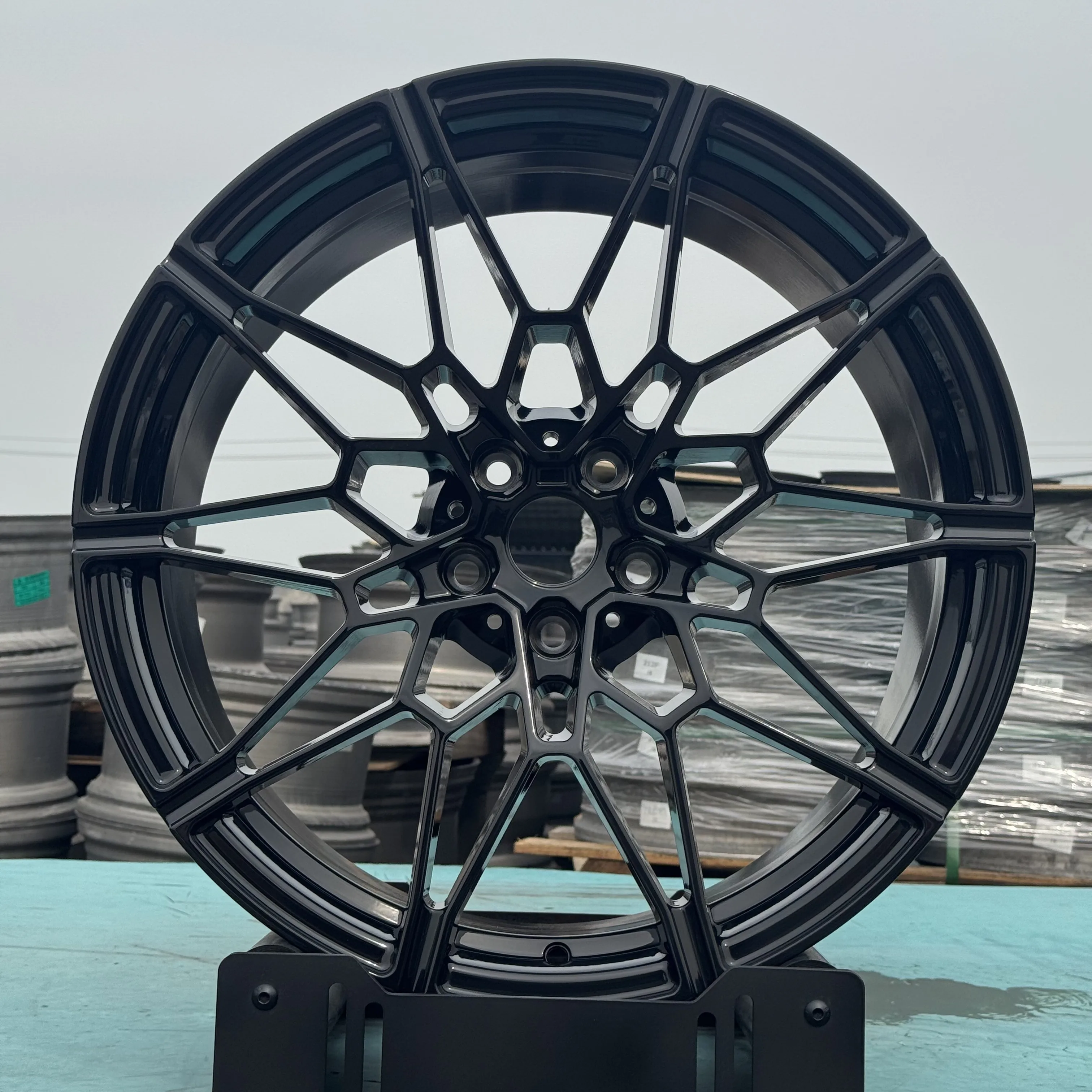

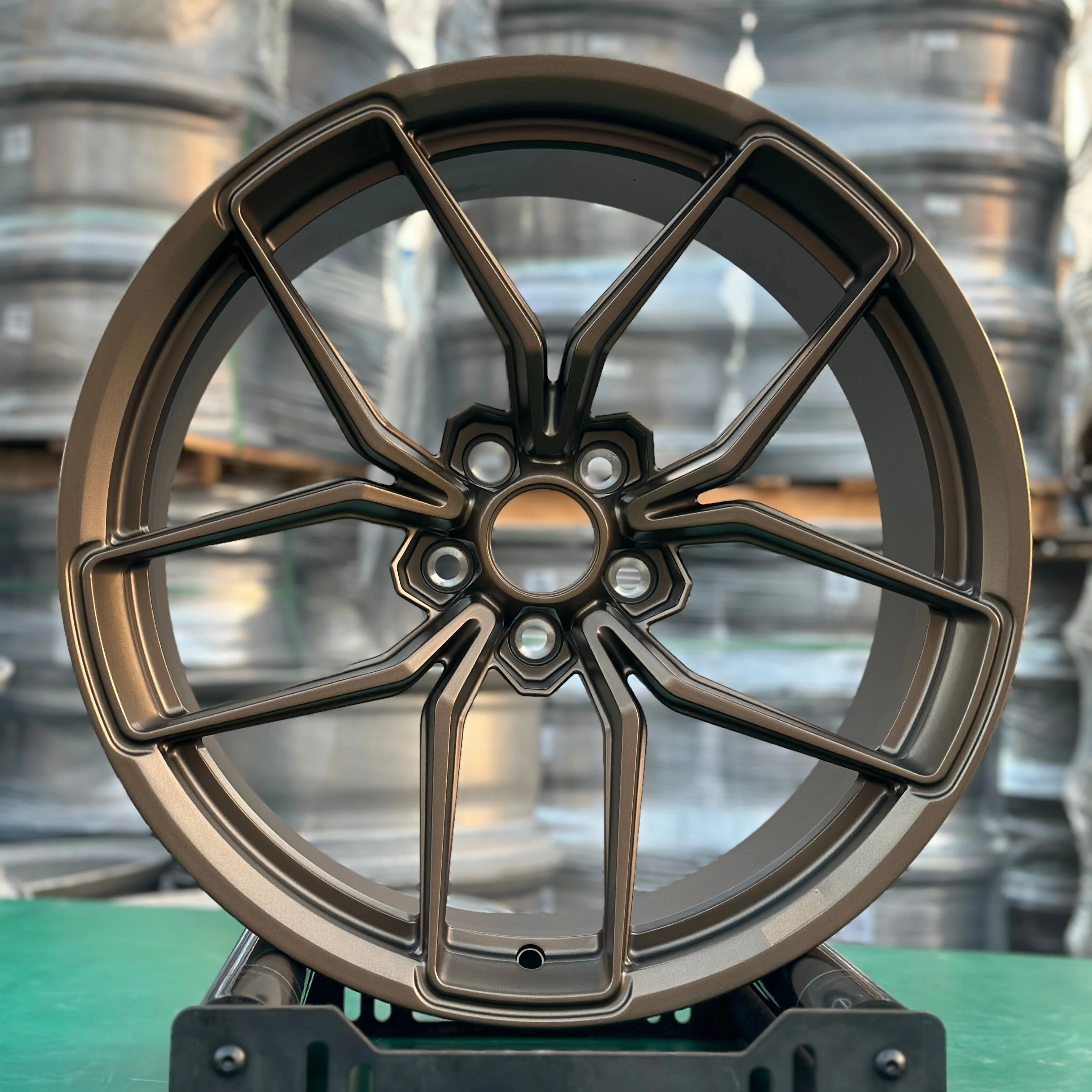
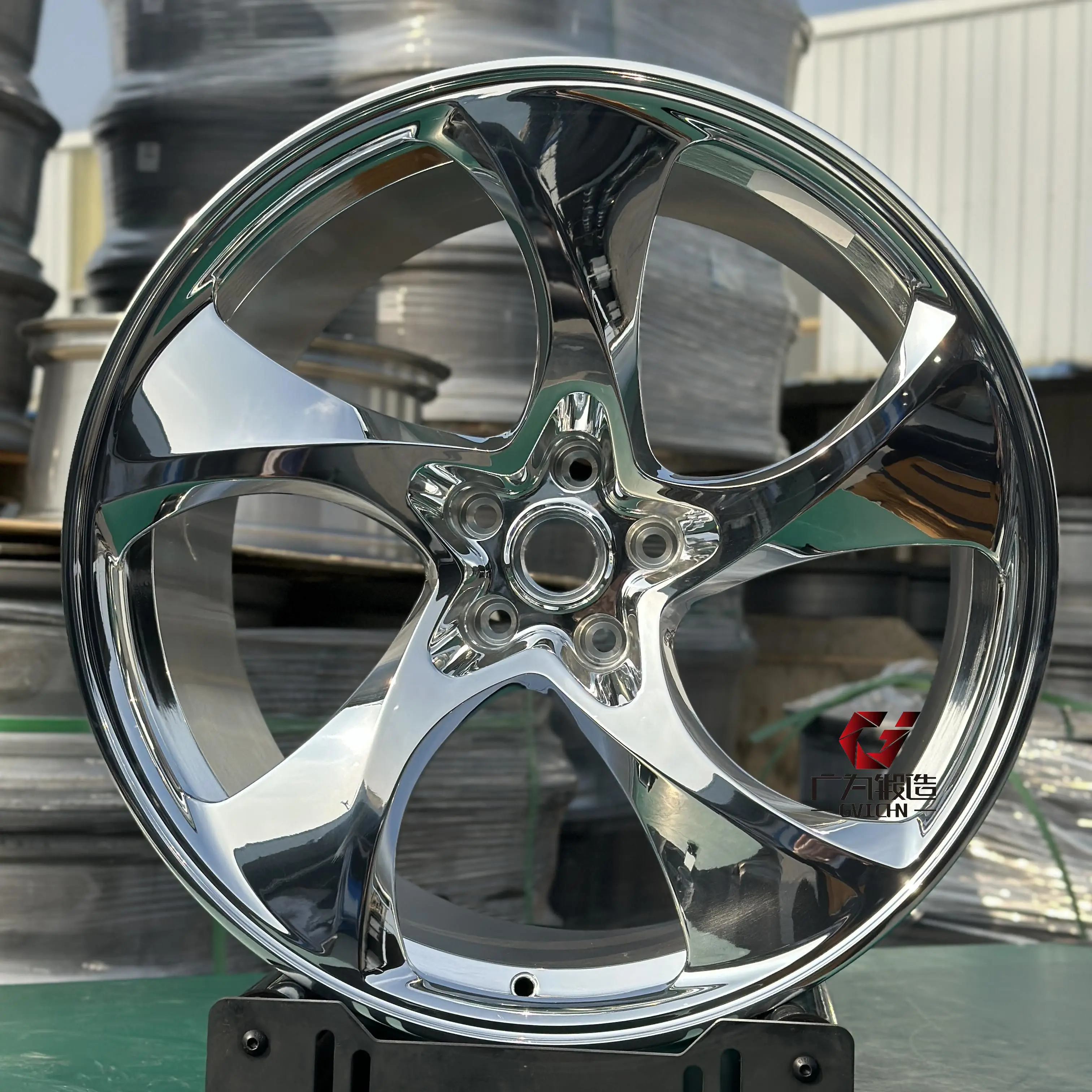
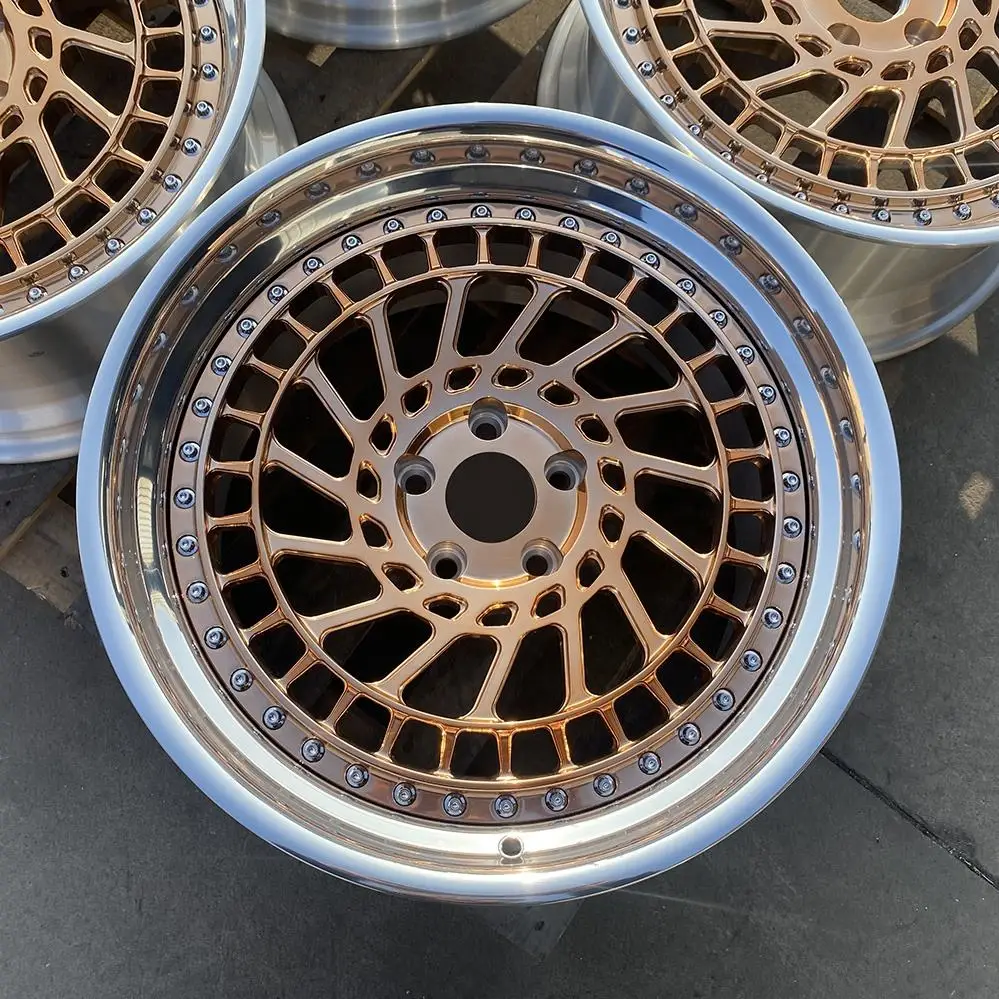
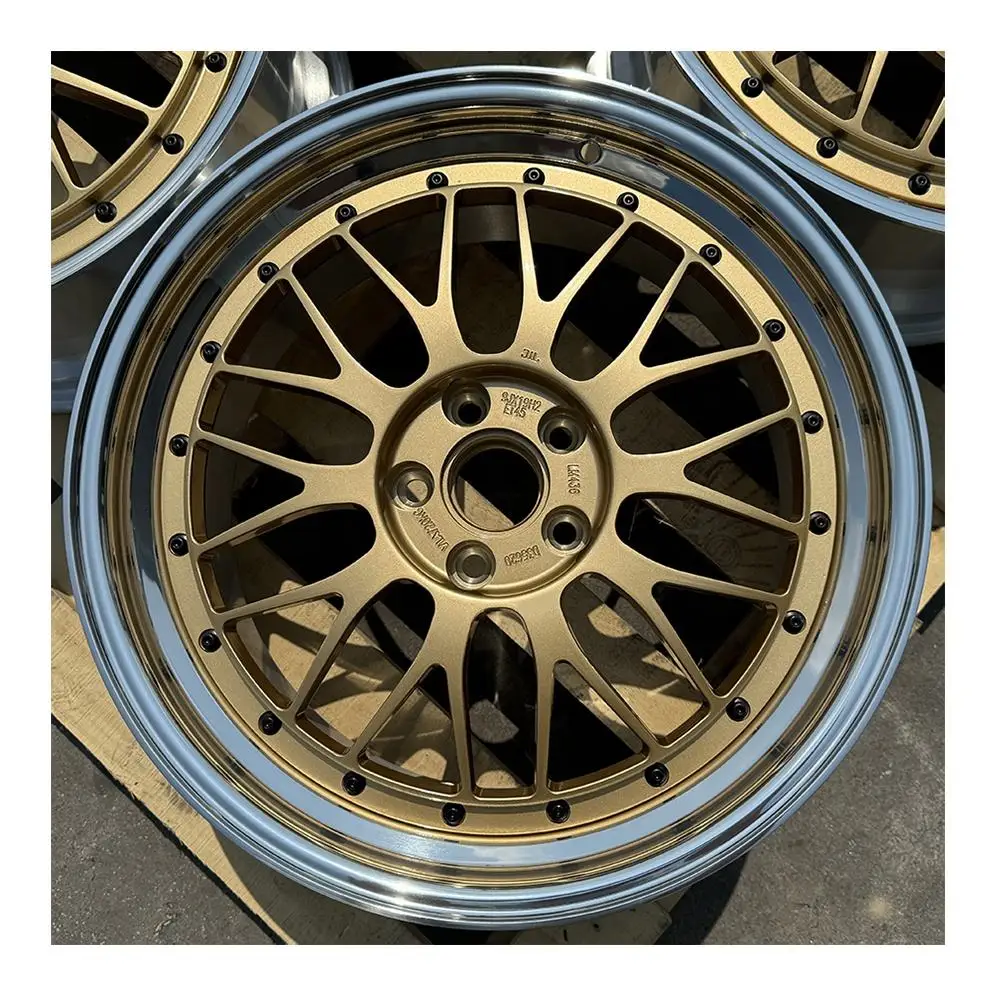
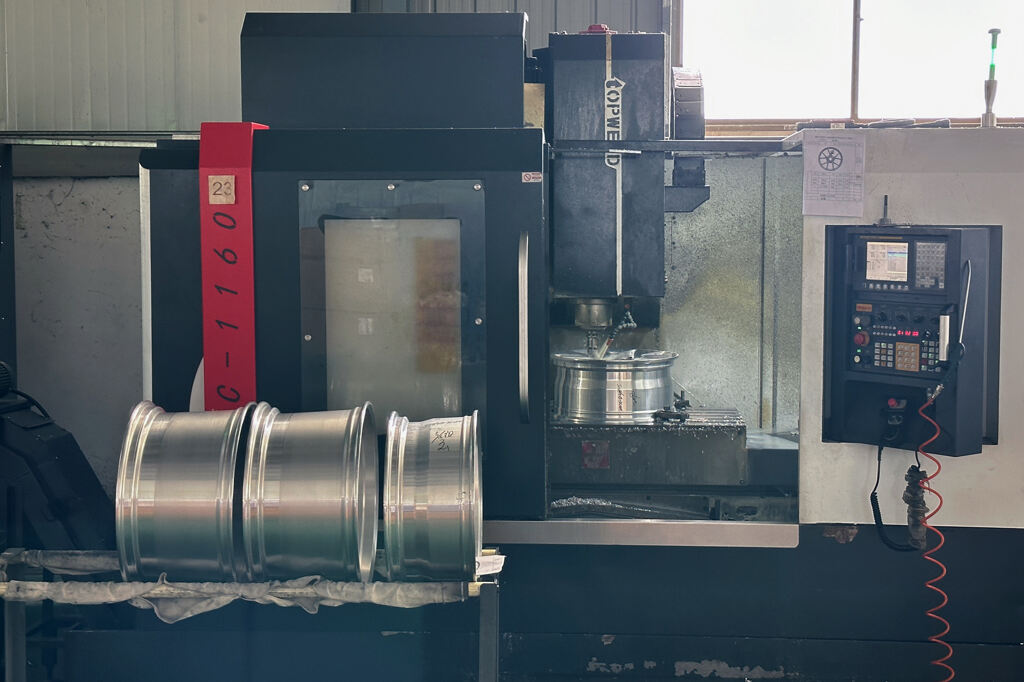
 ONLINE
ONLINE